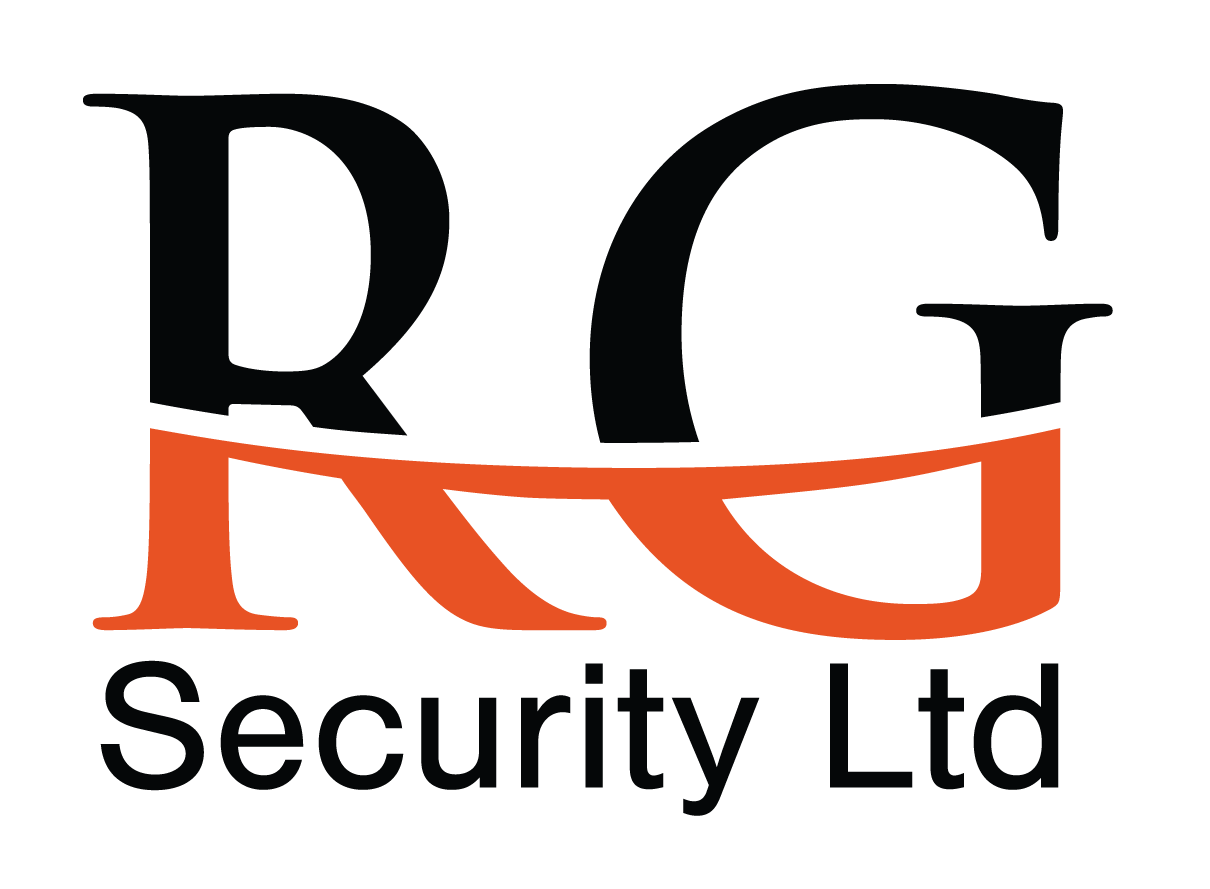Collaborative Security: How Facility Managers and Security Teams Can Work Together
In today's dynamic and ever-evolving security landscape, collaboration is key to effectively safeguarding properties, assets, and people. Facility managers (FMs) and security teams play distinct but interconnected roles in ensuring the safety and security of a facility. When these two critical components work together seamlessly, the result is a robust security strategy that leaves no room for vulnerabilities.
Whilst facility managers are responsible for the day-to-day operation and maintenance of a facility. Their duties encompass everything from building maintenance, environmental controls, and energy management, to ensuring a comfortable and productive environment for occupants. Security teams, on the other hand, focus primarily on safeguarding the facility from external and internal threats. Their responsibilities include access control, surveillance, emergency response, and incident management.
The Synergy of Collaboration
Here’s how these two entities can work together to effectively enhance security:
1. Having shared objectives:
The first step in collaboration is understanding that both facility managers and security teams share a common goal: ensuring the safety and security of the facility and its occupants. Establishing this shared objective creates a strong foundation for cooperation.
2. Risk assessment:
Facility managers can provide valuable input into risk assessment. Their knowledge of the facility's layout, vulnerabilities, and critical systems can help security teams identify potential weak points and develop mitigation strategies.
3. Integrated Systems:
Collaboration often involves integrating various security and facility management systems. This includes access control systems, surveillance cameras, fire alarms, and environmental monitoring. By working together to manage and maintain these systems, FMs and security teams ensure they function optimally.
4. Emergency Planning:
Facility managers and security teams should collaborate on emergency planning and drills. FMs can help identify evacuation routes, assembly points, and critical facility shutdown procedures, while security teams can ensure these plans are communicated and executed effectively.
5. Incident Response:
In the event of an incident, whether it's a security breach, a natural disaster, or a critical system failure, the coordinated response is crucial. Facility managers can play a role in damage assessment and restoration efforts, while security teams manage the immediate security concerns.
6. Training and Education:
Collaboration extends to training and education. Facility managers can benefit from security training, while security teams can gain insights into the facility's operational nuances. This cross-training enhances both sides' ability to respond effectively to various situations.
7. Regular Communication:
Open and regular communication between FMs and security teams is paramount. Sharing insights, updates, and concerns ensures that both sides are well-informed and can adapt their strategies as needed.
A Stronger Security Partnership
Collaborative security between facility managers and security teams isn't just beneficial; it's essential in today's security landscape. When these two entities work together harmoniously, the result is a more secure and resilient facility. By sharing objectives, assessing risks, integrating systems, and coordinating responses, FMs and security teams create a security strategy that leaves no gaps and can adapt to evolving threats.
At RG Security, we understand the importance of collaboration in security. We work closely with facility managers to provide comprehensive security solutions tailored to your facility's unique needs.
Contact us today on 023 8181 0000 or info@rgsecurity.co.uk to learn more about how we can help strengthen your security partnership.

